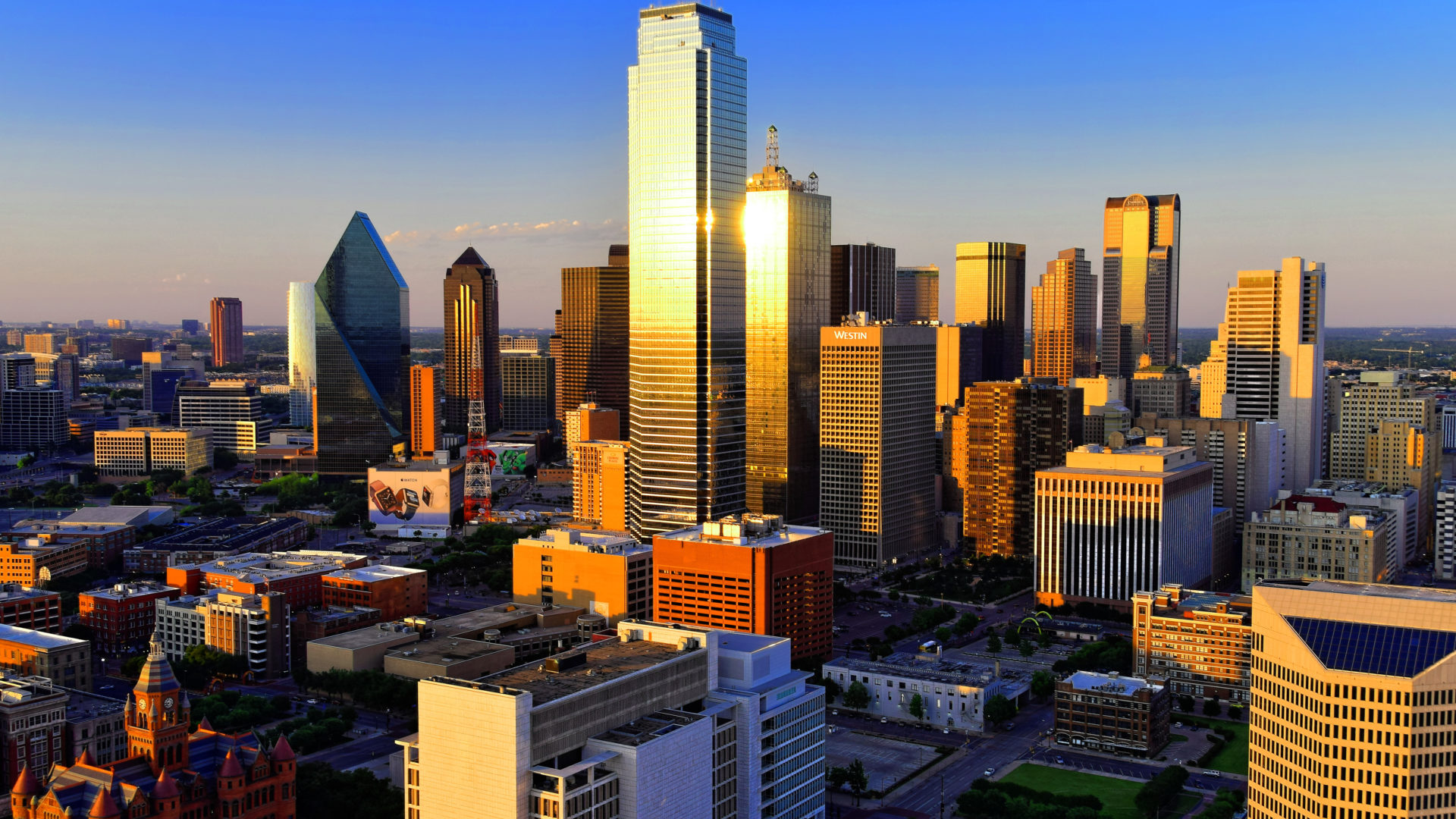On July 7th, the racial reconciliation conversation barreled into our backyard. And in the coming weeks, DFW showed America a new narrative.
Our faith leaders shepherded their flocks. Our city leaders showed great wisdom in their actions going forward. Our police force modeled exemplary skills and behavior. We met and prayed together. We honored the lives of the fallen. We even repented of some of the ways we’ve failed to understand - or misunderstood - the experience of black men and women in our country. The nation looked to Dallas, and we showed them something different. God was made much of, and I can't help but think that it mattered.
But we’re six weeks past the shootings. So now what?
The 3 Stages
Watermark holds the book When Helping Hurts in high regard, and it teaches on a number of principles we apply in our External Focus efforts. The book shares with Christians the ways our acts of goodwill can often leave those we’re serving in a worse spot than they were before.
One of the principles the book teaches on is the difference between relief, rehabilitation, and development.
Relief
Immediately after any crisis, those affected find themselves in the Relief stage. The goal in these moments is simply to end the immediate pain of those involved. If the incident is a natural disaster in an under-developed country, goals in the Relief stage would include clothing, food, medical attention, and shelter.
In the case of the shootings in Dallas, the Relief stage looked like putting the active shooter incident to an end and making sure the people Downtown were once again safe. This was accomplished within hours of the incident starting, as Dallas PD targeted Micah Johnson and ended his shooting spree, while protecting others in Downtown.
Rehabilitation
In the weeks that followed, our city then turned to rehabilitation. How do we get back to normal?
This came in the form of continued police action, making sure crowds did not turn to looting or that copy-cat criminals didn’t gain ground. Emotionally returning to status quo meant prayer services, city gatherings, and memorial services for the officers that were killed. Our city walked through a season of talking about the incident, processing it together, and working to “get back to normal” emotionally, spiritually, and physically.
And despite some necessary ongoing physical and emotional care for the officers and families directly impacted, the city largely has rounded out our Rehabilitation stage. The majority of the Metroplex has gone back to business as normal. Most of us do not go about our days thinking on the events of July 7th. We aren’t still looking over our shoulders, wondering if something else is about to happen. We’ve gotten back to normal, and soon enough many of us will all but forget what happened here just six weeks ago.
So if “back to normal” is the goal for our city, we’ve just about accomplished it.
But as we learn from our friends who wrote When Helping Hurts, there’s a third stage that should be our true goal and direction. And that’s the Development stage.
Development
Development is the art of leaving things better than we found them. In our natural disaster example, this might mean building schools or job training programs after the incident, and putting in place structures that lessen the impact of a future crisis. Instead of just leaving things where they were, development means going an extra step to make sure that the community is in a healthier spot moving forward.
So what does that mean for Dallas at this time? In response to our recent tragedy, how do we develop?
The shooting in Dallas revealed or reminded us of some core issues in our city and our country, and we in DFW can no longer treat violence connected to race issues as "another city's problem." So the Development stage - if we choose to participate in it - means helping our city grow beyond where we were previously.
Racial themes, of course, can be at the forefront of our efforts to grow. But so can support of law enforcement officers (and improvement of our city's law enforcement efforts). This tragedy also provides an opportunity for reasoned discussion and debate over guns, gun control, social structures, mental health, and so on. It might drive some of us simply to spend more time in the neighborhoods of those who look or live differently than we do.
In other words - and unsurprisingly - a tragedy of this nature brings various themes to the forefront. And God ultimately can show us which ways each of us - and our church - can help our city develop.
But the hope is that wise and willing Christians would indeed join the Development stage. We need to lead the efforts to "leave things better than we found them" - whether in our own families, in our church, in our neighborhood, or in the city.
Check out a new External Focus post on our blog each Tuesday - or subscribe below!
